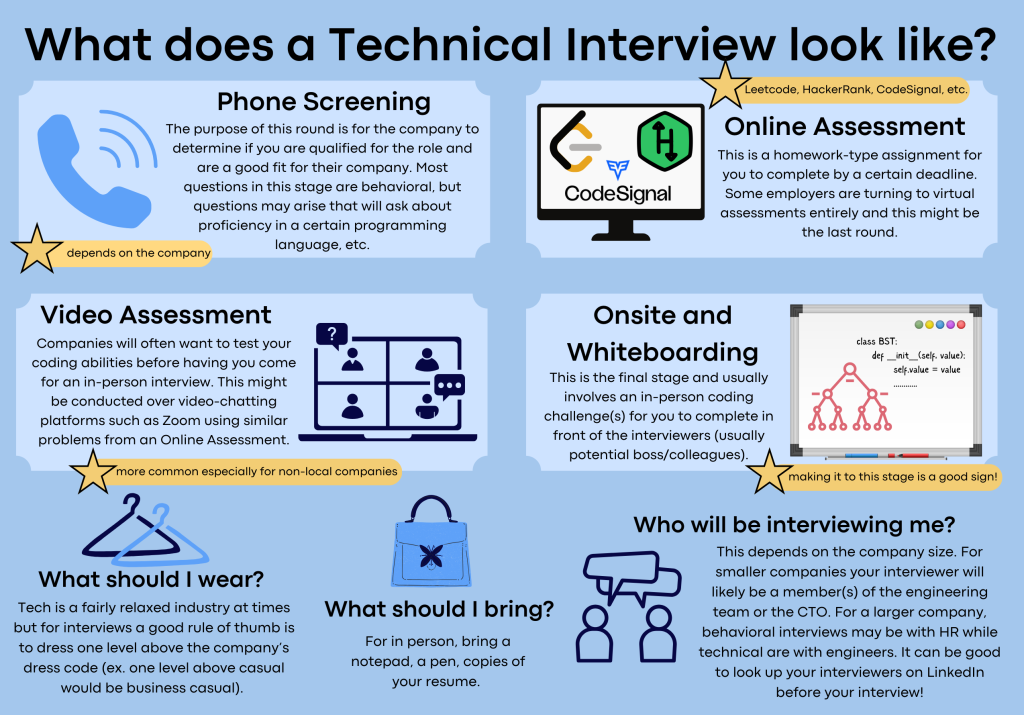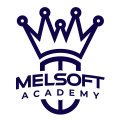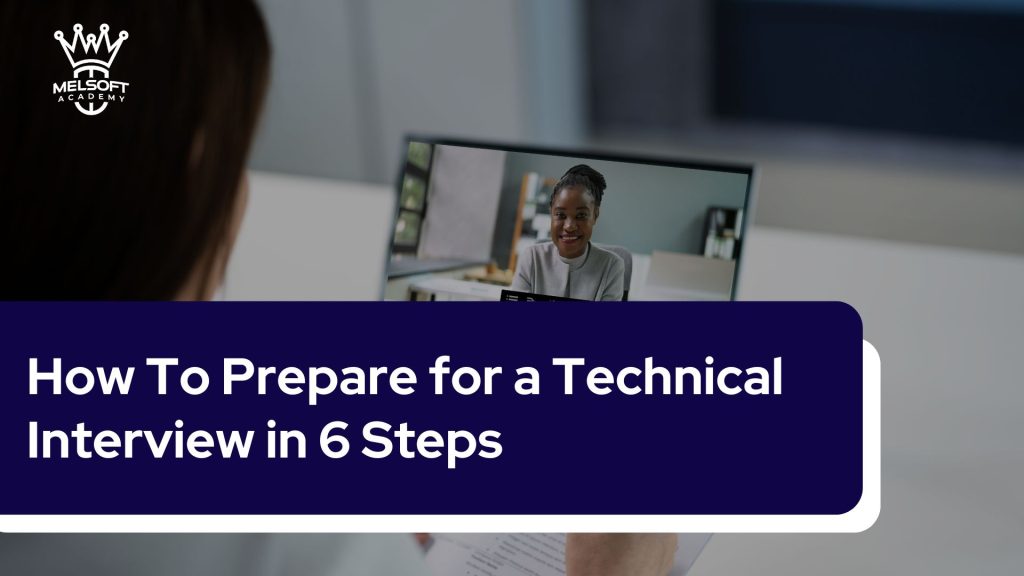Discover how to prepare for a technical interview in just six steps. This comprehensive guide provides essential tips, resources, and strategies to help you succeed in your next technical interview. Preparing for a technical interview can be a daunting task, but with the right approach and mindset, you can significantly enhance your chances of success.
This blog post outlines a step-by-step guide on how to effectively prepare for a technical interview, ensuring you present yourself as a knowledgeable and capable candidate.
Key Takeaways
- Understand the structure of a technical interview.
- Identify the necessary skills and tools for the role.
- Utilize various resources for preparation.
- Practice coding and problem-solving skills.
- Develop thoughtful questions to ask the interviewer.
- Organize your materials and take your time during the interview.
What is a Technical Interview?
A technical interview is a critical assessment tool used by employers to evaluate a candidate’s technical skills and problem-solving abilities relevant to specific roles, such as software development or IT. Typically, these interviews involve practical tests, coding challenges, and scenario-based questions that gauge how well candidates can apply their knowledge in real-world situations.
Key Components of a Technical Interview
- Phone Screen: A preliminary conversation where an interviewer assesses your qualifications and communication skills.
- Remote Coding Assignment: A task designed to evaluate your coding abilities and problem-solving skills through practical exercises.
- In-Person or Virtual Interview: The final stage where you engage in discussions about your experiences and answer both technical and behavioral questions.
How to Prepare for a Technical Interview

1. Consider the Tools and Skills Necessary for the Role
Before diving into preparation, review the job description carefully. Identify the key skills required for the position, such as:
- Proficiency in specific programming languages (e.g., Python, Java).
- Understanding of algorithms and data structures.
- Familiarity with tools relevant to the industry (e.g., Git, Docker).
By focusing on these areas, you can create an effective study plan that addresses the fundamental principles needed for success.
2. Check Out Helpful Resources
Gathering quality resources is crucial for effective preparation. Consider using:
- Books: Look for titles that cover coding principles or management techniques.
- Online Courses: Platforms like Coursera or Udemy offer courses tailored to specific technologies or programming languages.
- Digital Publications: Stay updated with industry trends through tech blogs or online magazines.
These resources will not only enhance your knowledge but also help you articulate informed answers during your interview.
3. Practice for the Interview
Practice is key to building confidence and competence. Engage in various exercises such as:
- Coding Challenges: Use platforms like LeetCode or HackerRank to tackle coding problems relevant to your desired role.
- Mock Interviews: Conduct mock interviews with peers or mentors to simulate real interview conditions.
- Behavioral Questions: Prepare answers for common behavioral questions that may arise during interviews.
Thinking aloud while solving problems can also provide insight into your thought process, which is valuable for interviewers.
4. Prepare to Ask Questions
Interviews are not just about answering questions; they are also an opportunity for you to engage with potential employers. Prepare thoughtful questions that demonstrate your interest in the role and company culture. Examples include:
- “Can you describe the team dynamics?”
- “What are some challenges currently facing this department?”
Having questions ready shows that you are proactive and genuinely interested in the position.
5. Take the Time You Need
During the interview, whether it’s coding on a whiteboard or answering complex questions, take your time. Rushing can lead to mistakes. Instead:
- Break down problems into manageable parts.
- Double-check your work before presenting it.
This approach will help you deliver more accurate solutions while showcasing your thoroughness.
6. Prepare Your Materials
Being organized can make a significant difference on interview day. Ensure you have all necessary materials ready, including:
- Notepad and pens for taking notes.
- Copies of your resume and any relevant work samples.
- Any specific tools required by the company (e.g., laptop with necessary software).
Having everything prepared will allow you to focus entirely on demonstrating your skills during the interview.
Conclusion
Preparing for a technical interview requires careful planning, practice, and an understanding of what employers are looking for in candidates. By following these six steps—considering necessary skills, utilizing resources, practicing effectively, preparing questions, taking your time during problem-solving, and organizing materials—you can approach your technical interview with confidence.
At Melsoft Academy, we understand that landing your dream job in tech is crucial. Our bootcamps are designed to equip you with the skills needed to excel in interviews and succeed in your career.
Take the first step towards your dream job!
Apply Now: Browse Our Bootcamps – Melsoft Academy
Download our Prospectus: Download Now
FAQ Section
- What should I expect during a technical interview?
You can expect a mix of problem-solving tasks, coding challenges, and behavioral questions designed to assess both your technical abilities and soft skills. - How long does a technical interview typically last?
A technical interview can range from 30 minutes to several hours depending on the company’s process. - What types of questions are asked in technical interviews?
Questions may include coding challenges, algorithm-based problems, system design inquiries, and situational scenarios related to past experiences. - How can I improve my coding skills before an interview?
Regular practice through online coding platforms like LeetCode or HackerRank can help sharpen your coding abilities. - Is it important to ask questions during an interview?
Yes! Asking insightful questions demonstrates your interest in the role and helps you assess if it’s the right fit for you. - What should I do if I get stuck on a question during an interview?
It’s okay to pause and think through the problem aloud; this allows interviewers to understand your thought process better. - How should I follow up after an interview?
Sending a thank-you email expressing gratitude for the opportunity while reiterating your interest in the position is a good practice.
By preparing thoroughly using these guidelines, you’ll be well-equipped to handle any challenges that come your way during technical interviews!


